Eleven candidates, two votes, and a bunch of scandals.
Bonjour! It's presidential race season in France, and this year significantly more individuals than expected are focusing.

Many are watching to check whether France will join the flood of populist patriotism clearing the globe, with far-right pioneer — and Trump admirer — Marine Le Pen running a nearby second in the most recent surveys.

This being France however, things are a ~little~ entangled. The decision incorporates two separate votes: a first round on April 23, between the 11(!!!) presidential hopefuls, and a May 7 overflow between the main two, if no competitor gains over half of the votes.

(There has never NOT been a moment vote. Right now the main four competitors are surveying at around 19–23% each.)
This framework means it's workable for a possibility to win the first round of the decision yet lose in the second. Irregular? All things considered, not on the off chance that you can think about a discretionary framework where you can lose the decision even in the wake of winning the famous vote.

Alright — allons-y! We should meet a portion of the general population who need to be the following leader of France.
We additionally have a brisk once-over that looks at the possibility to various types of Haribo treat, on the off chance that you need the short and, um, sweet form.
This is Emmanuel Macron, a 39-year-old autonomous who surrendered from his post as President François Hollande's economy serve so he could keep running for president. Right now, he's barely driving the first-round surveys (23.1%) and favored to prevail upon conveniently Le Pen in the second round.

Macron is an anti-extremist who might want you to realize that he's neither left nor right, however ESPECIALLY not some portion of ~the establishment~. In any case, that is not by any means genuine given his resume as a previous speculation investor, and his remark, for instance, that "youthful French individuals are required who need to wind up noticeably very rich people." He's additionally been reprimanded as a political weathervane without a sound stage.
Nonetheless, in the event that you've gone by France as of late and figured out how to go shopping on a Sunday, you can express gratitude toward him for that.
Simply behind Macron in the first-round surveys (22.4%), there's Marine Le Pen of the far-right, hostile to globalization, against movement National Front. She's a devotee of stallions, as should be obvious by her crusade office stylistic layout.
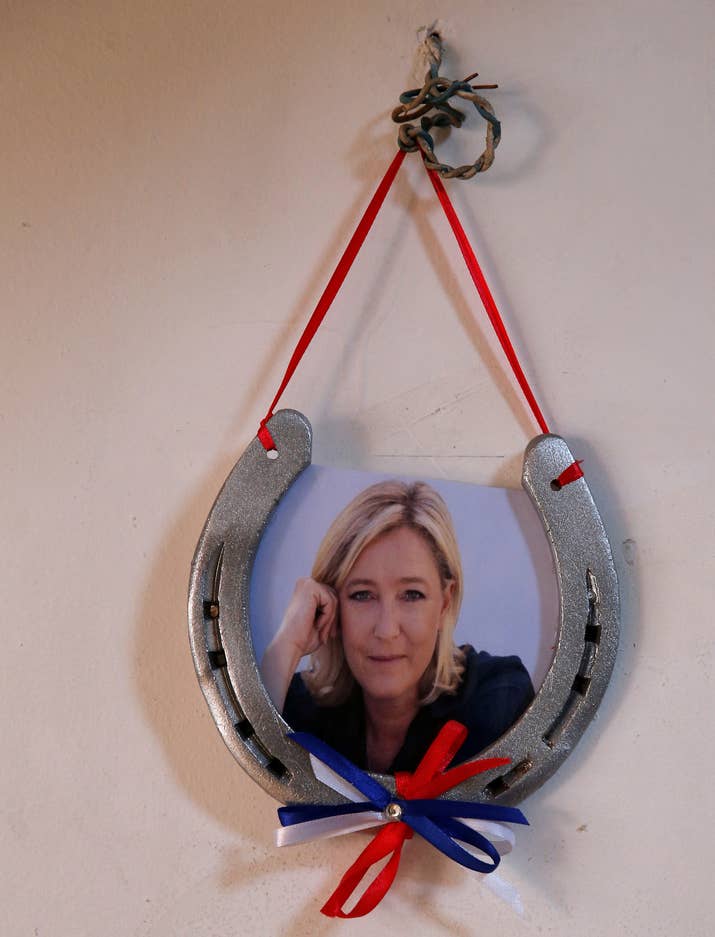
Le Pen assumed control as pioneer of the National Front in 2011 from her dad Jean-Marie Le Pen, who established the gathering in 1972. She's effectively attempted to bring the once-periphery National Front into the standard, playing up her womanliness to temper its bigot picture and openly removing herself from some of her dad's more outrageous positions (she showed him out of the gathering in 2015 for denying the Holocaust). Her crusade focuses on the drawbacks of globalization and the requirement for a solid national character.
BuzzFeed News went through a night with the French far-appropriate on the sidelines of a Le Pen battle occasion in Lyon in February, where jokes about gas chambers, Nazi salutes, and abnormal state figures in Le Pen's circle were all in the blend.
Youthful National Front voters disclosed to BuzzFeed News that there is "a mindfulness that this time we could overcome the Élysée," however a considerable lot of them said they don't straightforwardly talk in regards to their support for Le Pen.

Next we have François Fillon, the embarrassment obstinate Republican competitor, at present tied for third in the first-round survey (19.3%). He filled in as Nicolas Sarkozy's leader from 2007–2012.

In France, as in the US, the Republicans are a right-wing party — though not as hardline as the National Front — and Fillon's policies were quite a bit further to the right than his competitor in the primary.
At the beginning of this year, Fillon was favored to win the second round over Le Pen — until a French newspaper reported that he had allegedly paid his wife with state funds for work she didn't actually do.
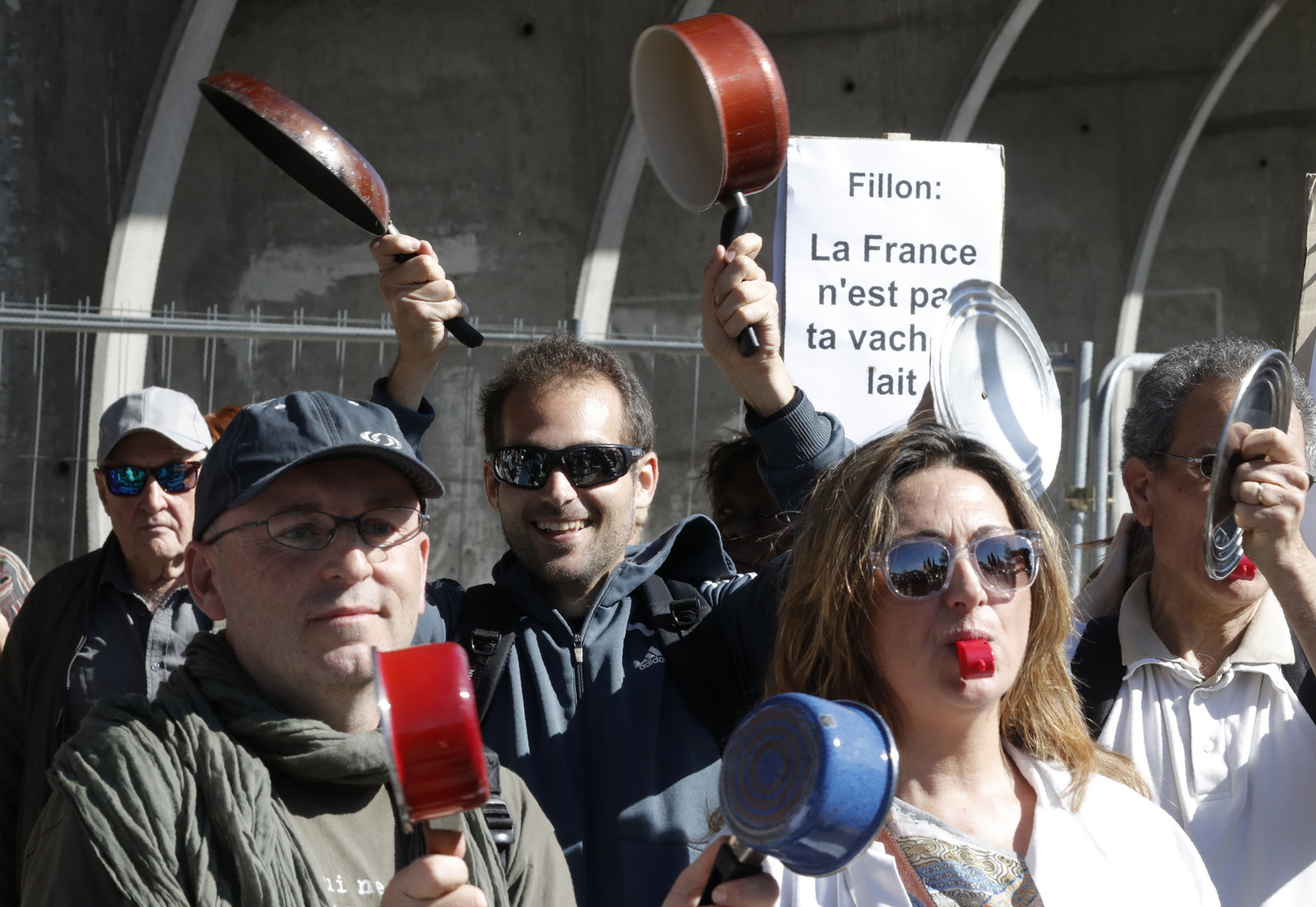
Eric Gaillard / Reuters
This type of arrangement is so common in France, where it is somehow not illegal for politicians to employ their spouses and children in ~real~ jobs, that there's a term for it:emploi fictif, or fictional employment. BuzzFeed News also found that two of Fillon's assistants appear to have been paid improperly.
And despite the opening of an official investigation into Fillon's case and calls for him to step down — the photo above is from a protest outside a campaign rally — he's still in the race.
Neck and neck with Fillon in third place is far-left candidate Jean-Luc Mélenchon. He's surged in the polls over the last few weeks, surprising a lot of people.

(In France, "far-left" means to the left of the Socialists — he's allied with the French Communist Party.)
His political movement, “La France Insoumise,” is often translated into English as "Unsubmissive France", which is...uh...awkward.
The other variations, "Indomitable France," "France Unbowed," "France Untamed," and "Rebellious France," aren't much better, tbh.
Anyway, Mélenchon's vision of an unsubmissive/indomitable/unbowed/untamed/rebellious France includes taxing the country's richest people 100%, reducing the workweek to four days, raising the minimum wage, transitioning to renewable energy, and staying out of new free trade agreements.
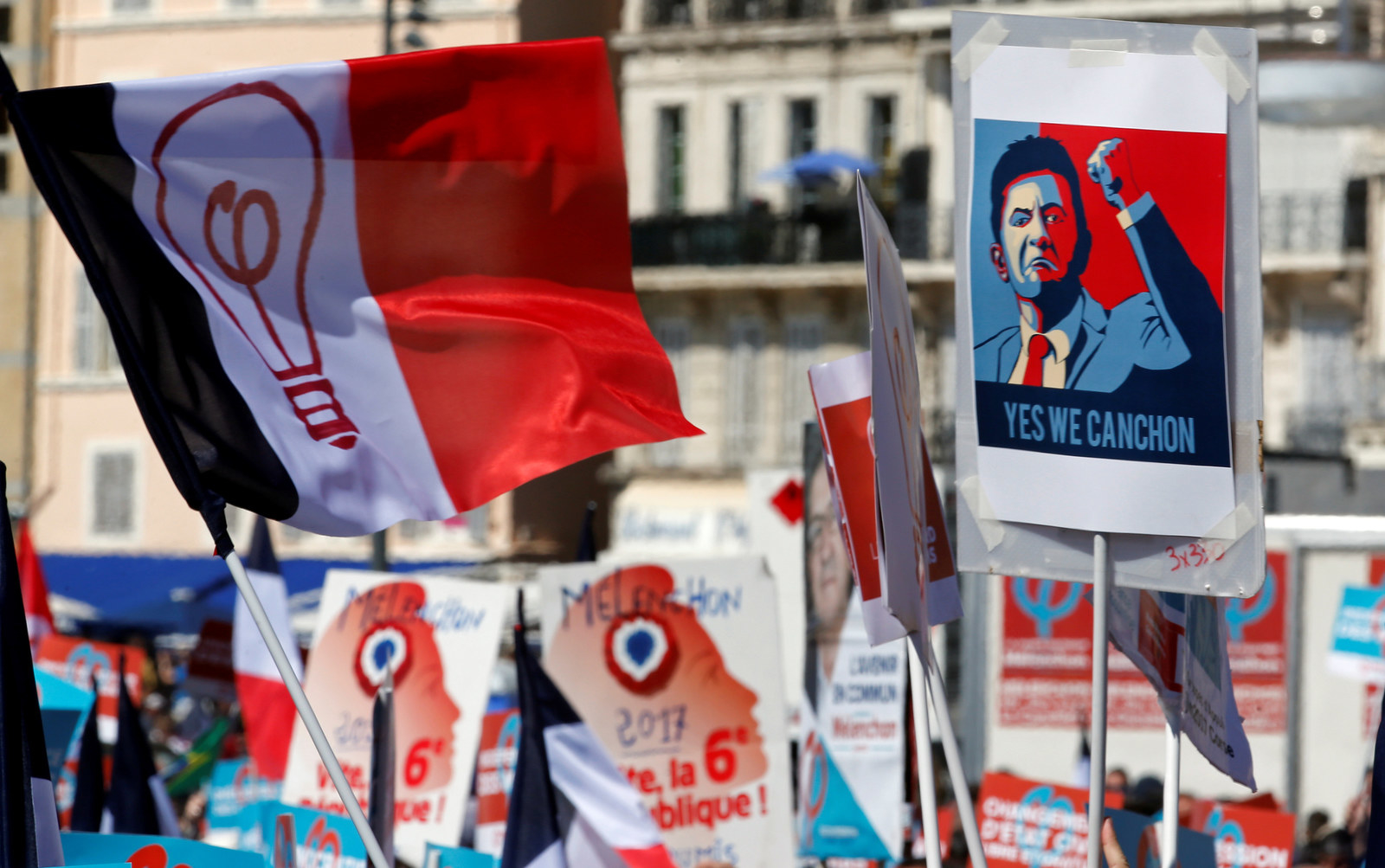
He also wants to drop out of NATO, the World Trade Organization, and the International Monetary Fund — and maybe stop using the euro.
Mélenchon's rise hasn't been good for Socialist candidate Benoît Hamon, who's dipped to 8% in the latest polls. He doesn't have a great shot at advancing to the second round, but he does have some of the best campaign pictures.
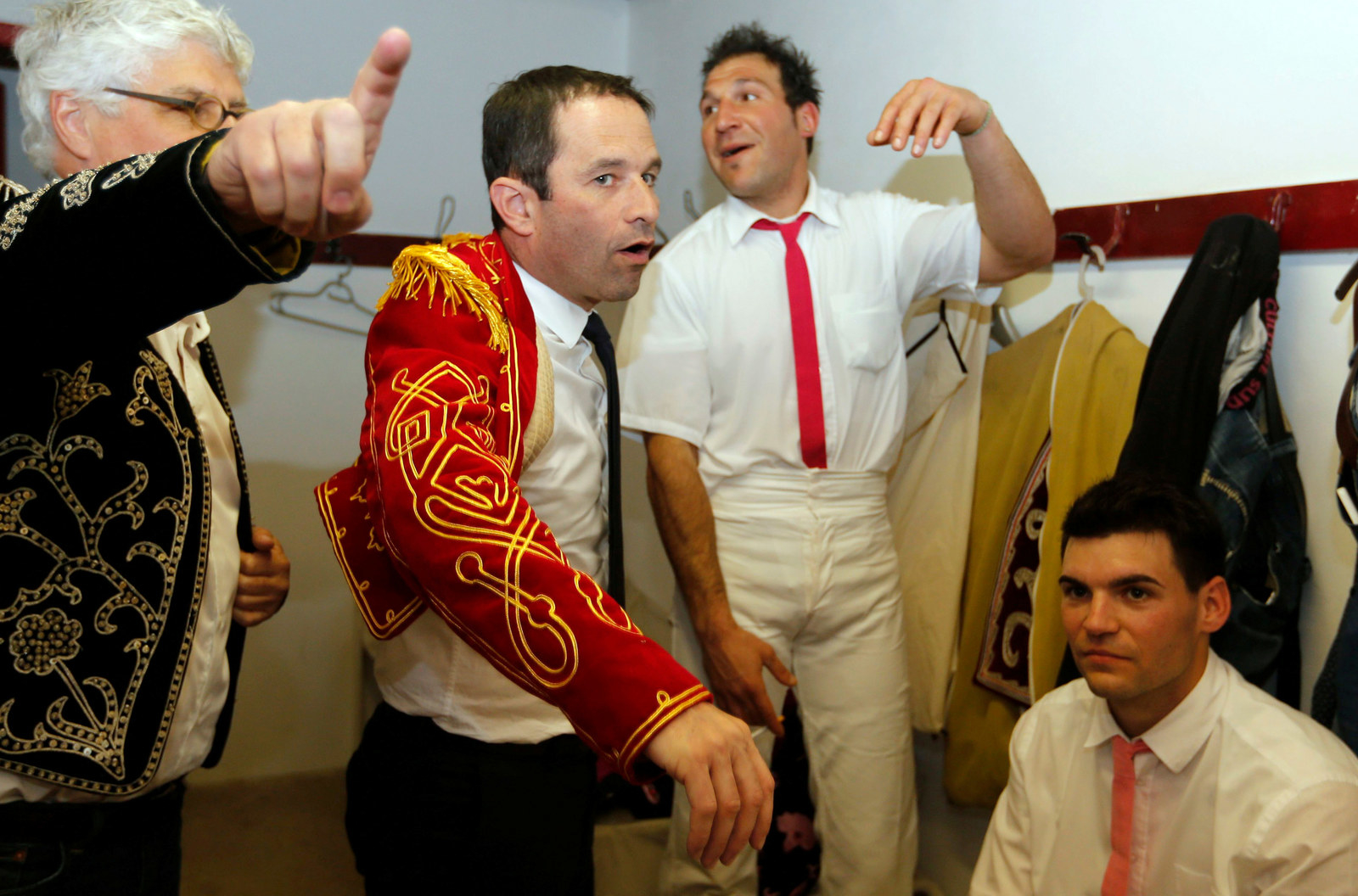
Here he is wearing a bullfighter's bolero jacket during a campaign rally.
Here's Hamon with a rugby ball, also for reasons unknown.
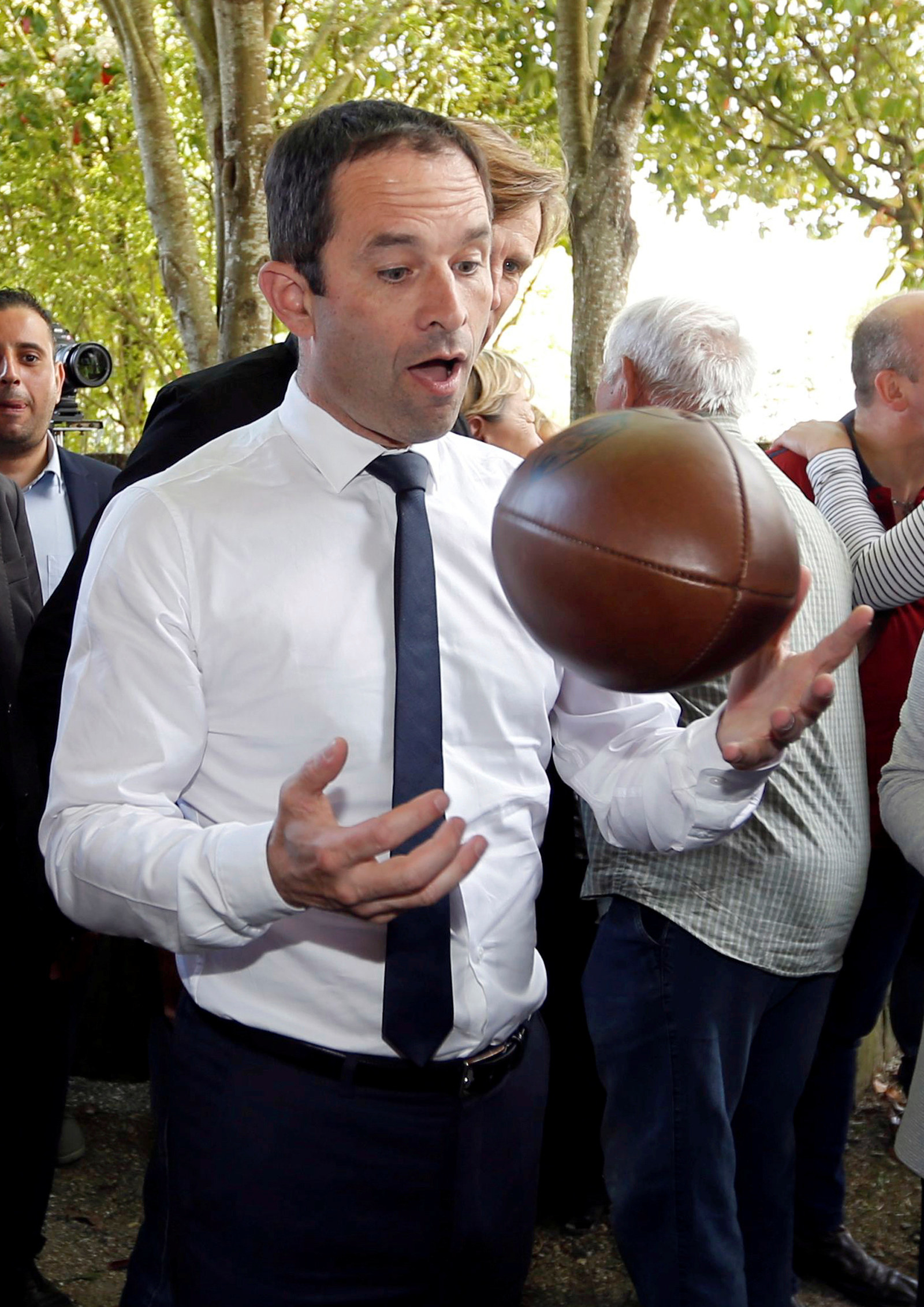
Regis Duvignau / Reuters
And here he is tasting a strawberry.
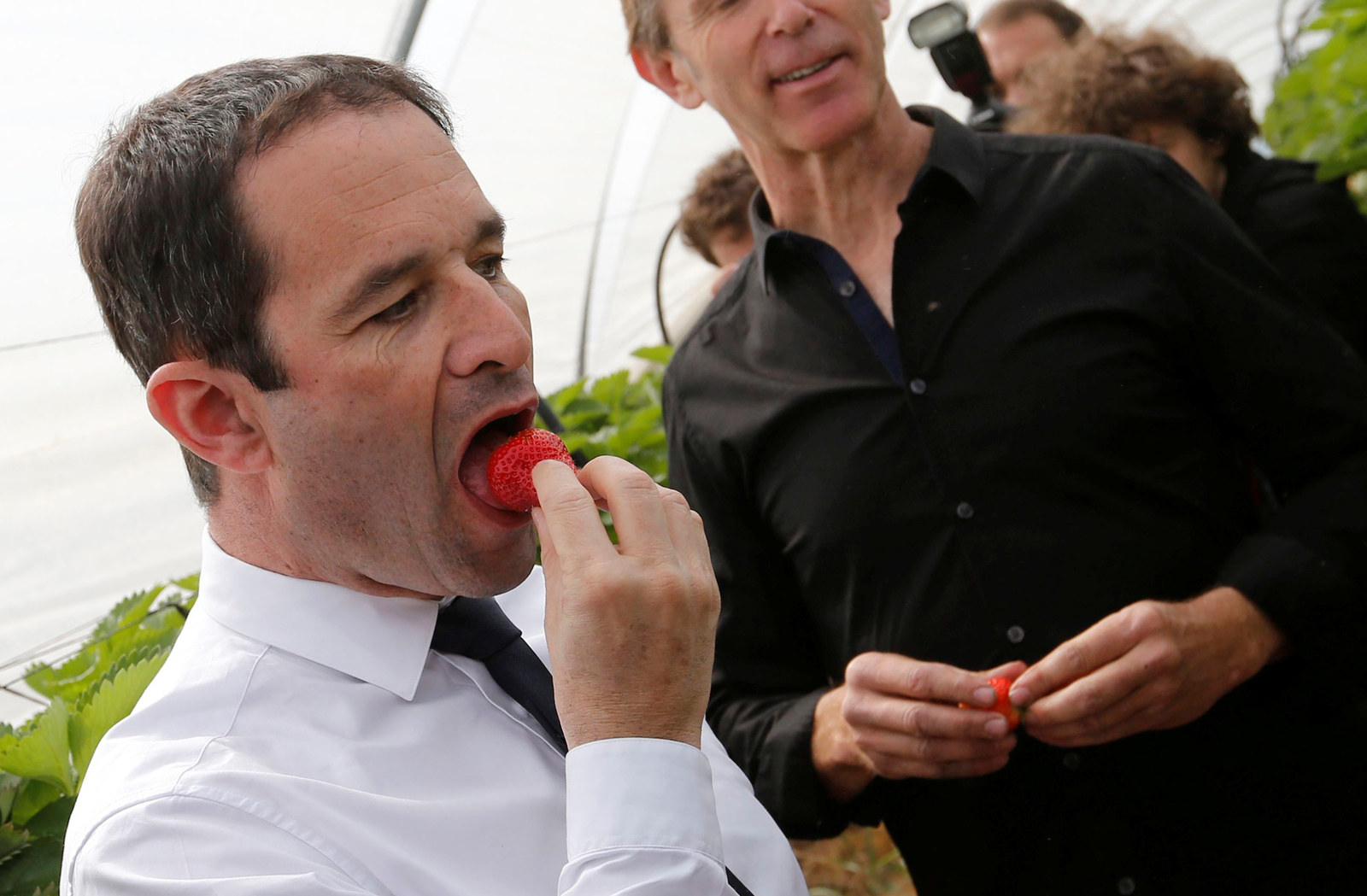
Beloved by the internet but well out of second-round contention is anti-capitalist candidate Philippe Poutou. Here he is at the presidential debate, where he became a fan favorite for giving zero fucks (he wore jeans).
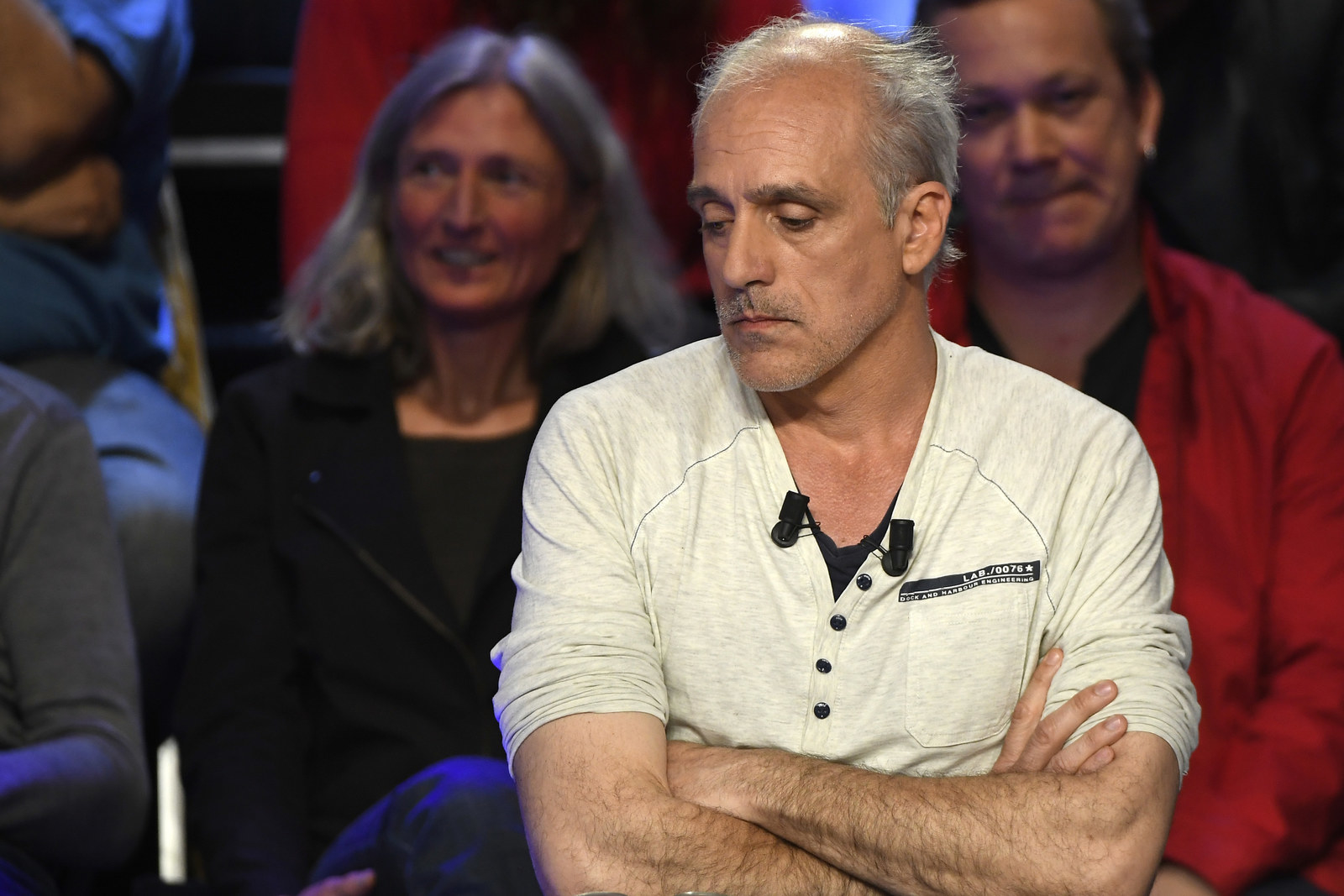
He got a little more than 1% of the vote when he ran in 2012, and he took a leave of absence from his job at a Ford factory in order to campaign.
That's six of the 11 candidates. (Je m'excuse, you can google the others.)
To recap, of those who are currently polling in the top four, only two candidates will advance to the final vote after this weekend's first round.
But as we've learned, the last year hasn't been great for polls, so really, anything could happen!
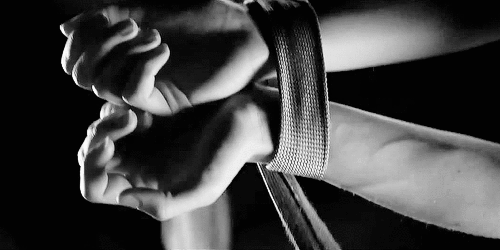
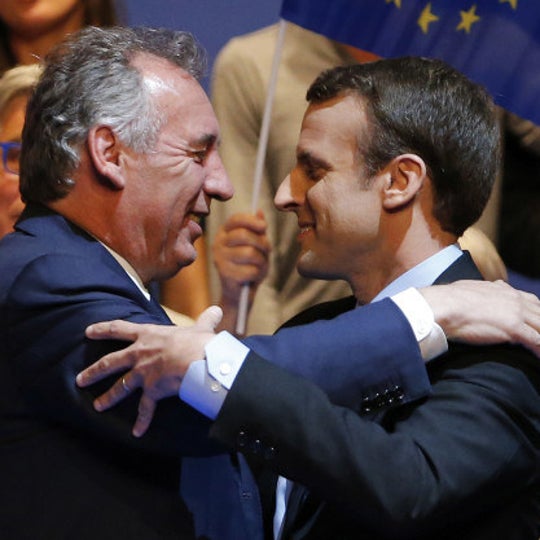

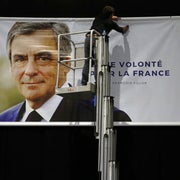
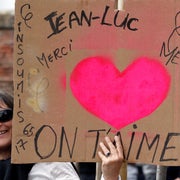
No comments:
Post a Comment